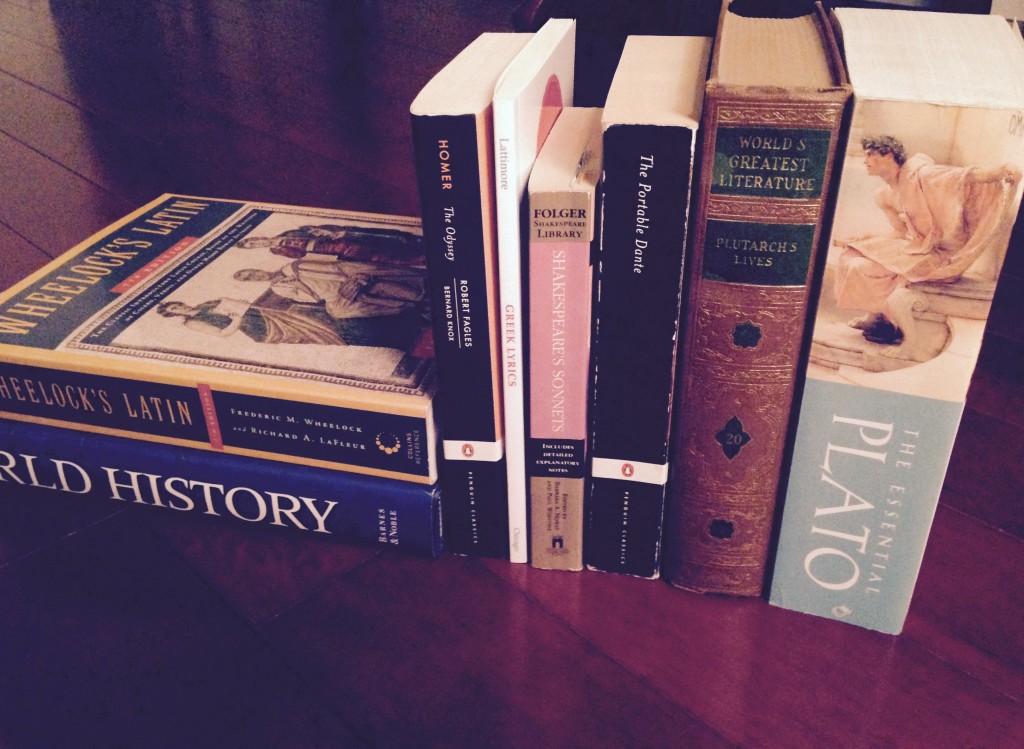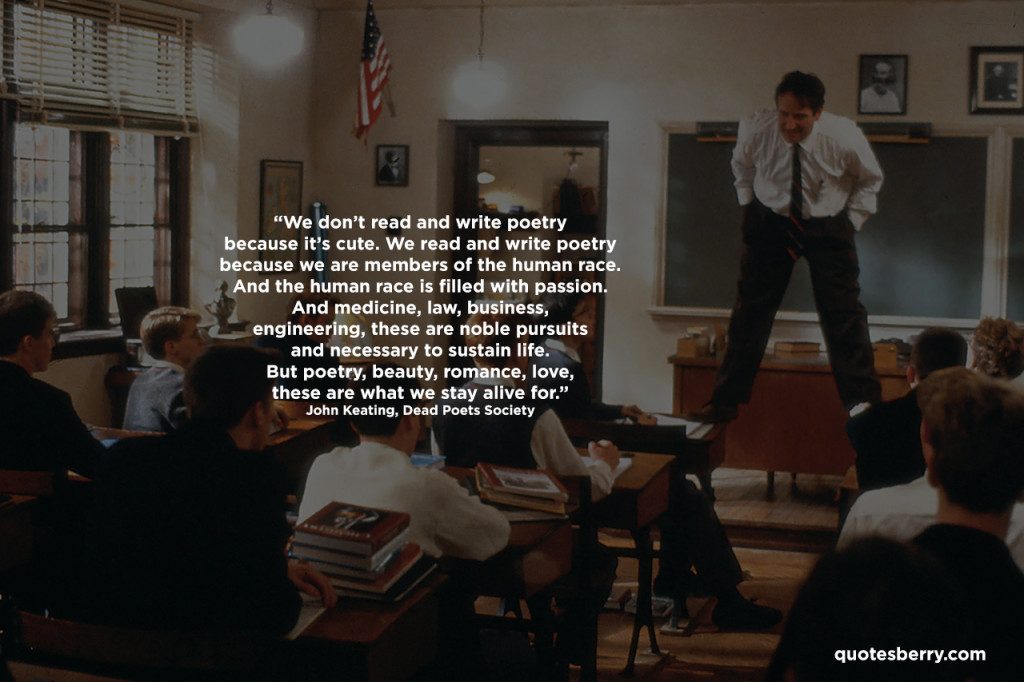
There’s a push today to focus American education purely on pragmatic, specialized study. To learn a trade and gain job-specific skills. To increase student enrollment in STEM (science, technology, engineering, and math) fields. A liberal education? What’s that good for? “It’s useless,” seems to be the message. Education must lead directly to a paycheck!
From President Obama’s 2016 State of the Union Address:
“We agree that real opportunity requires every American to get the education and training they need to land a good-paying job. The bipartisan reform of No Child Left Behind was an important start, and together, we’ve increased early childhood education, lifted high school graduation rates to new highs, boosted graduates in fields like engineering. In the coming years, we should build on that progress, by providing Pre-K for all and — (applause) — offering every student the hands-on computer science and math classes that make them job-ready on day one.” [emphasis added]
So, what need have we for a liberal education? What does it do?
“Until very recently [The Great] books have been central in education in the West. They were the principal instrument of liberal education, the education that men acquired as an end in itself, for no other purpose than that it would help them to be men, to lead human lives, and better lives than they would otherwise be able to lead.
The aim of liberal education is human excellence, both private and public (for man is a political animal). Its object is the excellence of man as man and man as citizen. It regards man as an end, not as a means; and it regards the ends of life, and not the means to it. For this reason it is the education of free men. Other types of education or training treat men as means to some other end, or are at best concerned with the means of life, with earning a living, and not with its ends.”
From The Great Conversation by Robert M. Hutchins, American educational philosopher
A liberal education “regards man as an end, not as a means.”
A liberal education is inherently useful. It is “an end in itself.”
It doesn’t “do” anything in the practical sense…and yet, it does quite a lot:
- In a world of exponentially increasing technological power and use, our emotional intelligence (social skills, emotional & behavioral self-regulation, and empathy) has been shown to be decreasing. Reading great literature can counter this: the science is beginning to show that it increases empathy.
- The logic branch of the trivium allows one to navigate the growing anti-science/anti-reason and ad hominem attacks that dominate public discourse, by enabling one to more easily cut through fallacious arguments.
- The rhetoric branch of the trivium allows one to learn how to express one’s thoughts clearly and effectively.
- The breadth of subject-matter in a liberal education increases one’s knowledge-base, and suddenly one begins to notice overarching patterns across seemingly unrelated areas in life, connecting the dots. This opens the door further for deep understanding and wisdom, and it allows the brain to pluck a solution from one place, and apply it to another in a way that, without such an education, would not have been possible.
Now, make no mistake: I’m not anti-STEM; far from it. I’m an engineer who works on some pretty high-tech stuff. I like to fiddle around with coding and WordPress customization. And, as a woman, I root for initiatives that drive more girls into STEM fields. I’m not calling for less technology skills, I’m simply calling for more balance between specialization for the sake of financial security, and remembering that we don’t live to work, we work to live.
But, after all this, one must still earn a living. One must eat, one must have shelter, and one cannot pay the rent with Shakespearean prose or their knowledge of Aristotelian ethics (unless, perhaps, you’re in academia, and that really is what you get paid to do). The suffocating expense of higher education, coupled with a job market in which companies generally fail to realize the value and skills that a liberal arts major brings to the table, is what makes obtaining a liberal arts degree impractical. It doesn’t make sense to spend such large amounts of money on something in lieu of a vocational degree that will better ensure financial stability (no guarantees for that, of course, but technical specialization offers a better chance for that in today’s economy).
As a society, I wish that we would push for a stronger emphasis on liberal education starting in elementary school and continuing through postsecondary education programs, for all those reasons listed above; to allow people the opportunity to lead “better lives than they would otherwise be able to lead.” In fact, we’ve been doing the opposite: dismantling and weakening liberal education courses over the decades in favor of specialized courses and technical skills training.
This shouldn’t be an either/or situation. We need STEM, but we need liberal education too. For its own sake.

